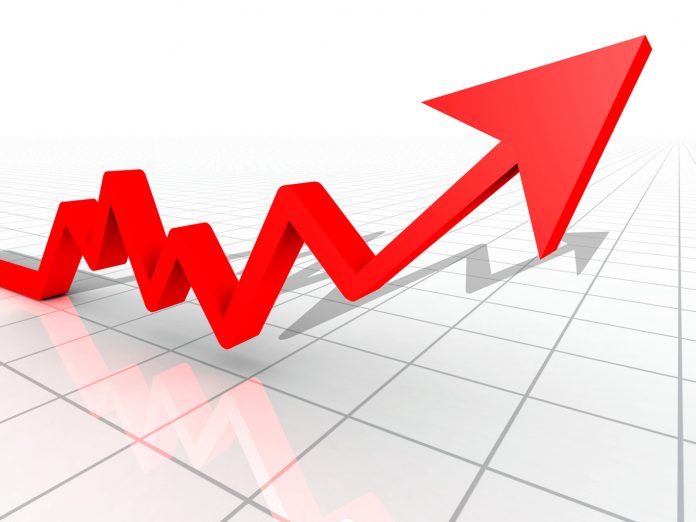Nigeria’s headline inflation rate which experienced two consecutive months of downward trend has picked up again rising by 1.05 per cent to 24.23 per cent in March from 23.18 per cent in February 2025.
According to the National Bureau of Statistics (NBS), this rise in headline inflation was driven by food and non-alcoholic beverages which contributed 9.28 per cent.
The report by NBS also shows that food inflation maintained a downward trend during the period, dropping from 23.51 per cent in February to 21.79 per cent in March.
Nigerians have faced a high cost of living reaching a crisis point in recent times driven by persistent rise in inflation.
The situation has forced many households to cut down on other expenses and focus on food for survival. In fact a recent report shows that about 50.1 per cent of Nigerians spend almost all their monthly incomes on food, corroborating a Central Bank of Nigeria (CBN) report last year which also said that households were spending 55 per cent of their income on food with little left for education, medicals and investment and savings.
Over the past decade, Nigeria has witnessed a tremendous rise in price levels, with the annual average inflation rate rising from a single digit of 8.0 per cent in 2014 to 24.7 percent in 2023 and further to 34.80 per cent in December 2024, highthening the cost of living crisis in the country.
Efforts by the government to force down the inflation through different policy frameworks could not address the situation.
In October last year the National Bureau of Statistics (NBS) said it had taken a decision to rebase the consumer prices index (CPI) citing the fact that consumption patterns in Nigeria have changed significantly since the last rebasing in 2009.
It said that this is evident in the changes in the proportion of households’ expenditures on items consumed in its 2023 Nigeria Living Standards Survey (NLSS). Following the rebasing, the inflation rate nosedived from 34.80 in December 2024 to 24.48 per cent in January 2025.
However while it is observed that the prices of some items, especially food items, were moderating, analysis shows that most of the main drivers of inflation in Nigeria such as insecurity which has forced farmers out of their farms, high cost of transportation, unstable exchange rate as well as high interest rates, are still very active.
A professor of Accounting and Financial Development, Professor Godwin Oyedokun, said he is not surprised that the inflation rate is rising again, noting that he was worried about the sustainability of the downward trend experienced in January and February.
He said he had always said that the sustainability of the slowing inflation will depend on addressing the underlying issues, including currency stability, security, transportation costs, and interest rates.
He noted that though government spending adjustments and subsidies might have supported certain sectors, helping to stabilize prices, high levels of insecurity in food-producing regions can disrupt supply chains, leading to food shortages and increased prices thereby undermining any progress made in controlling inflation.
“While fuel prices may be decreasing, transportation costs remain high. This can keep prices elevated for goods and services, impacting overall inflation,” he said, adding, “With the central bank’s interest rates at 27.5 per cent, borrowing costs are high, which can dampen investment and consumer spending, potentially slowing economic growth.”
On his part, Lead Director, Centre for Social Justice (CSJ), Barr. Eze Onyekpere said it is true a few items may have reduced prices but not as deep and widespread as the numbers show.
“The fact that interest rate is still high shows that the monetary authorities understand that not much has changed,” he said. “It is simply about government through the NBS trying to look better in the eyes of citizen.”


